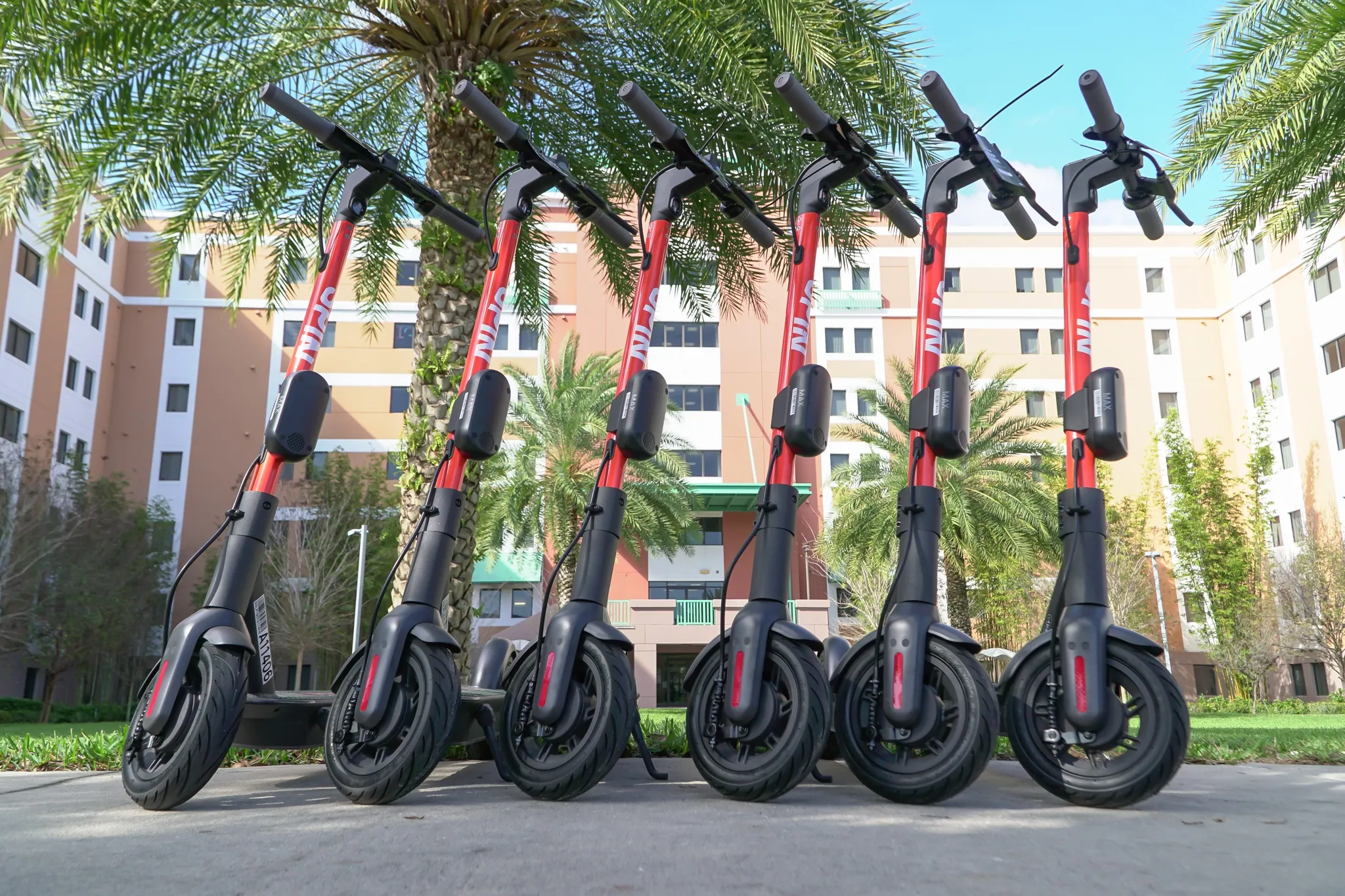According to a survey carried out by ICM Unlimited on behalf of the Institution of Mechanical Engineers, 55 per cent of the 2002 people surveyed said they were unlikely to want to be a passenger of a driverless car, with 40 per cent saying they were very unlikely to want to be a passenger. Just 21 per cent said they would be happy to ride in a driverless vehicle.
Philippa Oldham, head of Transport and Manufacturing at the Institution of Mechanical Engineers, said: “The benefits of driverless vehicle tech
May 27, 2016
Read time: 2 mins
According to a survey carried out by ICM Unlimited on behalf of the 5025 Institution of Mechanical Engineers, 55 per cent of the 2002 people surveyed said they were unlikely to want to be a passenger of a driverless car, with 40 per cent saying they were very unlikely to want to be a passenger. Just 21 per cent said they would be happy to ride in a driverless vehicle.
Philippa Oldham, head of Transport and Manufacturing at the Institution of Mechanical Engineers, said: “The benefits of driverless vehicle technology are huge, with estimates that it could be worth as much as £51 billion a year to the UK due to fewer accidents, improved productivity and increased trade. Furthermore with 95 per cent of all vehicle accidents being the result of human error, it makes sense to look at how we can use this new technology to help save lives.
She said there is clearly still a long way to go to increase public confidence in the effectiveness and safety benefits of driverless technology.
“Government and industry must work together not only to better educate and inform the public about driverless car technology but to make sure that they are developing the products that the end users want.”
Philippa Oldham, head of Transport and Manufacturing at the Institution of Mechanical Engineers, said: “The benefits of driverless vehicle technology are huge, with estimates that it could be worth as much as £51 billion a year to the UK due to fewer accidents, improved productivity and increased trade. Furthermore with 95 per cent of all vehicle accidents being the result of human error, it makes sense to look at how we can use this new technology to help save lives.
She said there is clearly still a long way to go to increase public confidence in the effectiveness and safety benefits of driverless technology.
“Government and industry must work together not only to better educate and inform the public about driverless car technology but to make sure that they are developing the products that the end users want.”










